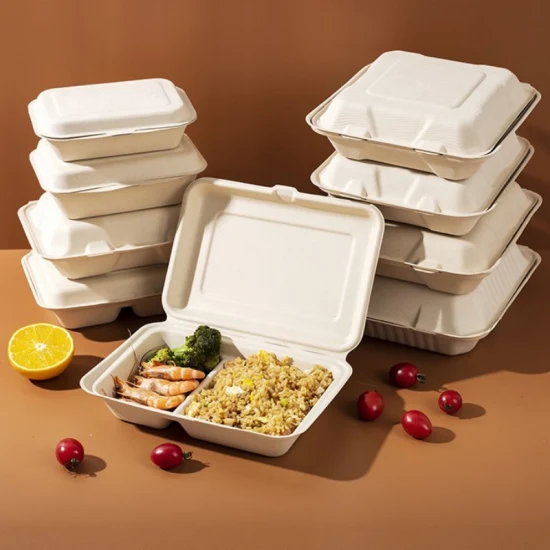In the dynamic world of food packaging, ensuring both product integrity and customer satisfaction is paramount. Custom food packaging plays a multifaceted role in the food industry, balancing the imperatives of product protection, brand differentiation, consumer convenience, sustainability, and regulatory compliance. Custom food packaging plays a crucial role in not only preserving the quality and freshness of food but also in enhancing brand identity and consumer trust.
Protection and Preservation
Custom food packaging is designed with the primary goal of protecting the contents from external elements that could compromise quality. Whether it is ensuring the freshness of baked goods, preventing contamination of delicate produce, or maintaining the temperature of perishable items, packaging solutions are tailored to the specific needs of each food product. Materials used range from environmentally friendly options like recycled paper and biodegradable plastics to advanced barrier films that extend shelf life and preserve flavors.
Brand Identity and Differentiation
 Packaging serves as a powerful tool for brand communication and differentiation in the competitive food industry. The custom food packaging allows brands to showcase their unique identity through design, color schemes, logos, and messaging. Consistent branding across packaging reinforces brand recognition and loyalty among consumers. Personalized packaging also enables brands to tell their story, emphasize product benefits, and create a memorable experience that resonates with customers.
Packaging serves as a powerful tool for brand communication and differentiation in the competitive food industry. The custom food packaging allows brands to showcase their unique identity through design, color schemes, logos, and messaging. Consistent branding across packaging reinforces brand recognition and loyalty among consumers. Personalized packaging also enables brands to tell their story, emphasize product benefits, and create a memorable experience that resonates with customers.
Convenience and Functionality
Beyond protection and branding, custom food packaging is designed to enhance convenience and functionality for both consumers and businesses. Features such as easy-open seals, resealable closures, portion control options, and microwave-safe materials cater to modern consumer lifestyles. For businesses, efficient packaging designs streamline operations, reduce waste, and optimize storage and transportation logistics, contributing to overall cost-effectiveness.
Compliance and Sustainability
In today’s environmentally conscious market, custom food packaging is increasingly focused on sustainability. Brands are adopting eco-friendly materials and designing packaging that minimizes environmental impact throughout its lifecycle. This includes reducing packaging waste, using recyclable or compostable materials, and adhering to regulatory standards for food safety and sustainability practices. Sustainable packaging not only meets consumer expectations but also aligns with corporate social responsibility goals, enhancing brand reputation.
Enhancing Consumer Experience
Effective custom food packaging goes beyond functional and aesthetic considerations to enhance the overall consumer experience. Packaging that is informative, engaging, and visually appealing captures consumer attention and encourages purchase decisions. Interactive elements such as QR codes linking to nutritional information or recipe ideas provide added value, fostering consumer engagement and loyalty. Additionally, personalized packaging options, such as customizable labels or gift-ready packaging, cater to special occasions and seasonal promotions, further enhancing consumer satisfaction.
Adaptability and Innovation
The food packaging landscape is continuously evolving with advancements in materials science, manufacturing technologies, and consumer preferences. Custom packaging solutions must be adaptable to meet emerging trends and regulatory requirements while incorporating innovative features that improve usability and sustainability. This adaptability ensures that brands can stay competitive and responsive to changing market dynamics while maintaining product integrity and customer satisfaction. By investing in tailored packaging solutions that prioritize these factors, food brands can effectively safeguard product integrity, enhance consumer trust, and drive overall business success in an increasingly competitive marketplace.
